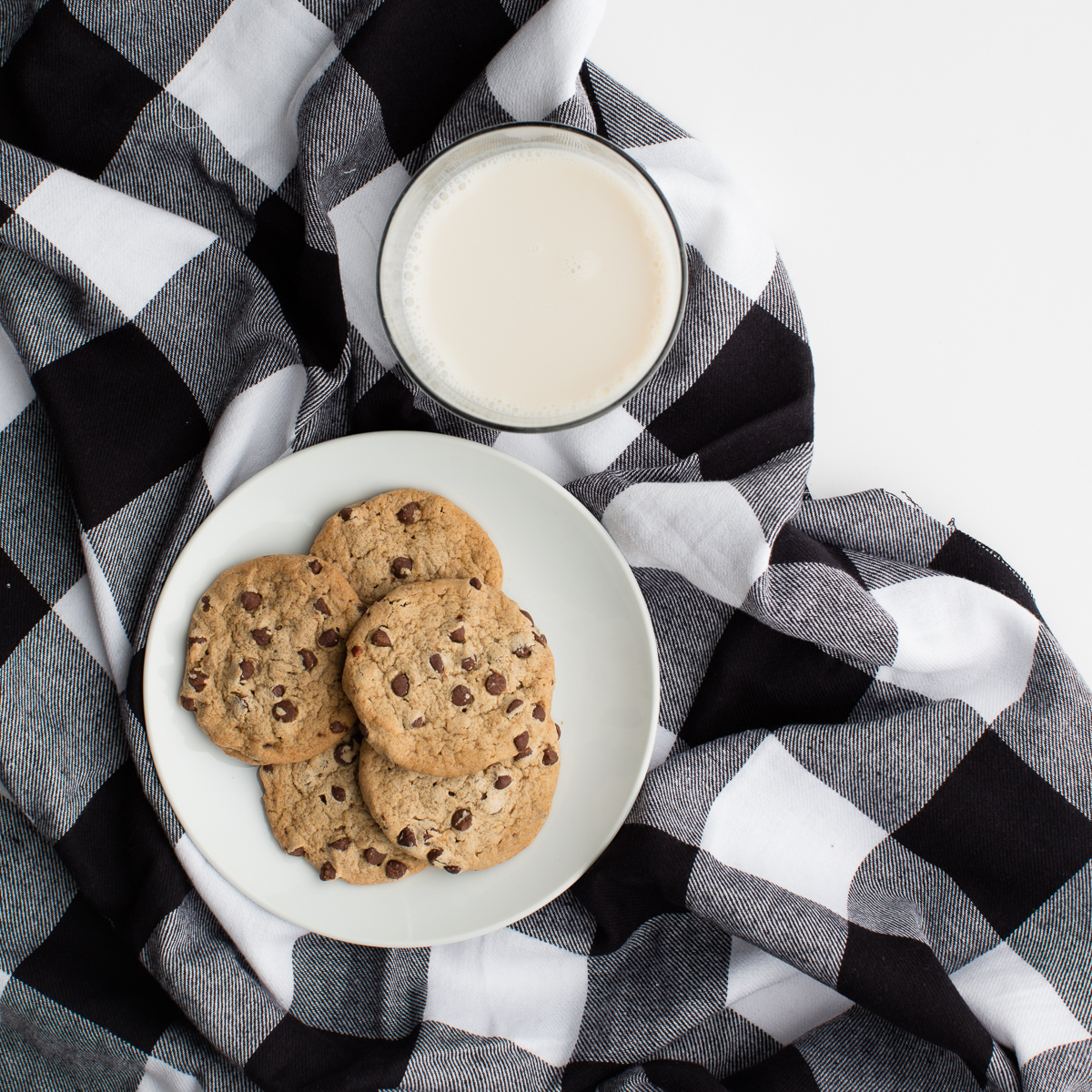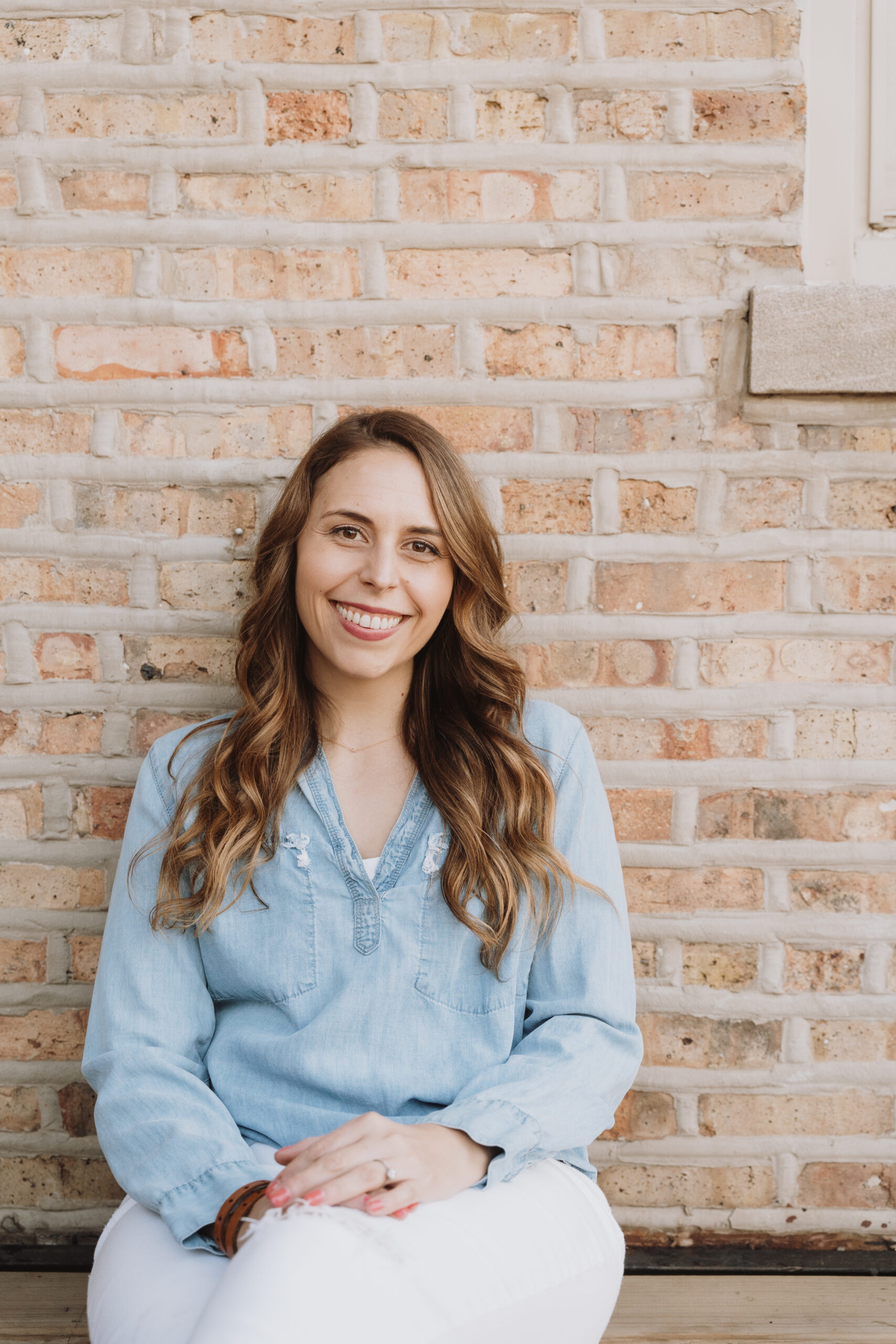Why You Binge When You’re Alone and How to Change This

Written By:
Category:
Ryann Nicole
You know that feeling when you’re literally counting down the minutes until you’re all by yourself, just so you can unleash a binge-eating session? Yeah, it’s like we’re reading each other’s minds. The urge to binge when no one’s watching can be seriously confusing and seriously frustrating. But don’t worry, I’ve got your back with some insights and advice to help make sense of it all.
So picture this, I remember those moments so clearly. I’d be sitting on my bed, fidgety and anxious, just waiting for everyone to clear out of the house. The second that door closed and I knew I was alone, it was like a signal to hit the kitchen. I’d be cramming food into my mouth like it was a race against time. It’s crazy how urgent it felt, like I was trying to fill up some emotional void. But here’s the catch – I was sneaky about it. I’d nibble a bit from here and there, just enough so no one would notice anything missing when they got back.
But oh boy, the aftermath was a whole different story. It was like a mix of feeling sick, regret, and just downright hating myself. And each time, I’d swear, “I’m never doing this again.” But let’s be real, I’d end up right back in that vicious cycle. It was like an uninvited guest that refused to leave. That constant dance between restricting and bingeing left me feeling like I was trapped in my own head.
Here’s the kicker – my focus was all about avoiding the next binge. I was consumed by that fear. But guess what? I was missing the bigger picture. I wasn’t digging into what was actually causing those binge-eating episodes. It wasn’t until I took a hard look at the root of my bingeing (in my case, it was all about restriction) that I finally saw some real changes. And one magical day, I realized I was home alone, and the thought of a binge didn’t even cross my mind. That’s when I knew I was on the road to freedom.
What To Do If You Binge When You’re Alone
If you’re stuck in the cycle of binge eating, especially when you’re alone, there is hope. You can break free from the chains of this destructive pattern, just as I did. The key is to recognize that the urge to binge in solitude is often linked to the restrictions you impose on yourself, whether they are emotional, physical, or both.
Step One: Get Curious
Curiosity without judgment is your closest ally. Begin by exploring where you’re still restricting. If bingeing is happening, it’s a sign that restrictions are still lurking in the shadows. Not sure where those restrictions hide? Check out our other posts on uncovering these subtle limitations, and you’ll be well on your way.
Step Two: Work On What You Uncover
Once you’ve pinpointed the restrictions, it’s time to start working on releasing them. Remember, it’s not about summoning more willpower or trying harder; it’s about addressing the root of the issue. By focusing on ending the restrictions, you’ll naturally bid farewell to binge eating, whether you’re alone or in a crowded room.
The urge to binge when you’re alone can be a perplexing and challenging experience. But remember, it’s often a manifestation of the restrictions you’ve placed on yourself throughout the day. By following these steps and addressing the root cause, you can break free from the restrict-binge cycle and regain control of your relationship with food. There is hope, and your path to freedom starts with curiosity and understanding.
10 Things To Add To Your Coping Box
Just so you know, I do review everything I recommend. When you buy through links on this page, we may earn a commission.
An emotional coping box, also known as a self-soothe or comfort box, is a personalized collection of items that can help individuals cope with difficult emotions, stress, or challenging situations. It’s a tangible and accessible resource that provides comfort and distraction during moments of distress. Here are 10 things you can consider adding to your emotional coping box:
Include items that bring you comfort, such as a soft blanket, stuffed animal, or cozy socks. These tactile objects can provide a sense of security and grounding.
Write down or print out affirmations and positive quotes that resonate with you. Reading these affirmations can help shift your mindset and promote self-compassion.
Incorporate items that engage your senses, such as scented candles, essential oils, or stress-relief lotion. Pleasant scents can have a calming effect.
Include small items like stress balls, fidget spinners, or textured toys. These can serve as a physical outlet for nervous energy and help redirect focus.
Keep a journal or notebook to write down your thoughts, feelings, and reflections. Journaling can be a therapeutic way to express and process emotions.
Include pictures of loved ones, happy memories, or items that hold sentimental value. Visual reminders of positive experiences can bring comfort and perspective.
Guided Relaxation or Meditation Resources
Include a small audio player or device with pre-loaded guided relaxation or meditation sessions. These can help you practice mindfulness and manage stress.
Playlist of Uplifting Music
Create a playlist of music that brings you joy or relaxation. Music has the power to influence mood, and having a go-to playlist can be a quick mood booster.
List of Coping Strategies
Write down a list of healthy coping strategies that work for you. This could include deep breathing exercises, progressive muscle relaxation, or simple activities that bring you a sense of peace.
Remember, the contents of your emotional coping box should be tailored to your preferences and needs. Regularly review and update the items to ensure they remain effective for you over time. The goal is to have a readily available toolkit that supports your emotional well-being during challenging moments.
Ryann Nicole
Licensed Therapist, Certified Nutritionist, and Virtual Wellness Coach
Ryann is a licensed therapist and virtual wellness coach who has assisted individuals worldwide in establishing a healthier relationship with food and their bodies.
Are You Ready to Heal Your Relationship With Food?
I understand—it can be overwhelming to figure out where to begin. Let's simplify things and have you start right here:
Why Am I Overeating?
First Steps To Stop Binge Eating
The Food Freedom Lab Podcast
FREE QUIZ
FREE GUIDE
Podcast
the food freedom lab podcast


